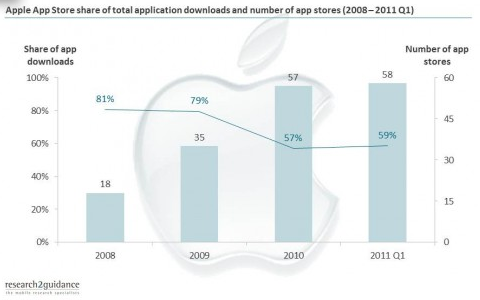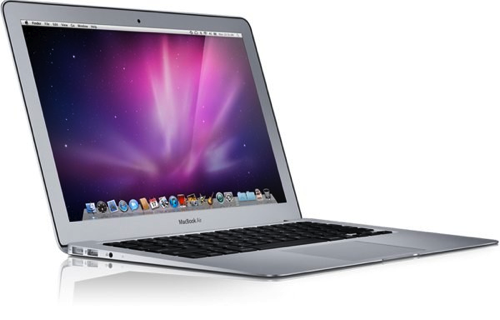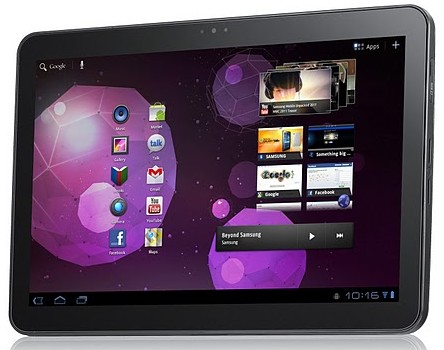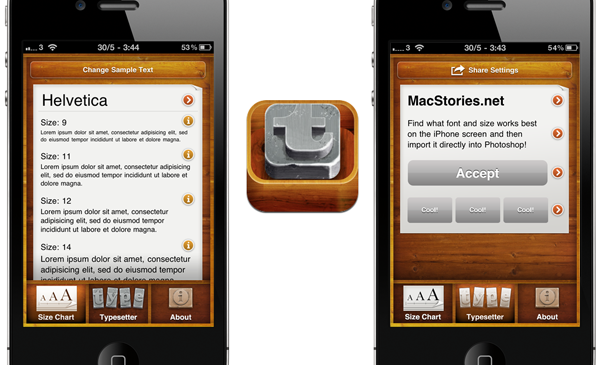With a series of blog posts published earlier today, Lodsys has confirmed [via MacRumors] that they’ve started filing lawsuits against app developers allegedly infringing patents related to in-app purchases and upgrade links in their mobile applications. Lodsys initially said that they would give developers 21 days to license the patents before filing any lawsuits, but the firm decided to change its schedule in order to defend against Apple’s legal response, which showed support for iOS developers and claimed third-party “app makers” were not infringing any patent as Apple is already licensing patents from Lodsys.
Why did Lodsys sue some App Developers on May 31, 2011
Lodsys chose to move its litigation timing to an earlier date than originally planned, in response to Apple’s threat, in order to preserve its legal options.
As for why they have decided to target small, indie developers who don’t have the resources to legally defend themselves, Lodsys writes:
Why are you targeting Apple developers or Android developers? Why are you picking on small developers who cannot defend themselves?
This story is about accountability for actions. If you are a Developer, it’s about knowledge about the scope and risks of your own business.
Lodsys has only one motivation: we want to get paid for our rights.
Lodsys also posted a response to Apple’s claims that third-party developers using Apple’s SDK and agreeing to the company’s terms are not infringing patents from Lodsys. They company also says they’ve sent a letter to Apple’s legal team, which Apple can publish in its entirety if they want to.
The letter was very surprising as Apple and Lodsys were in confidential discussions and there was clearly disagreement on the interpretation of the license terms of Apple’s agreement. Before, during and after these interactions, Lodsys has carefully considered this issue and consulted several legal experts to consider Apple’s claims. We stand firm and restate our previous position that it is the 3rd party Developers that are responsible for the infringement of Lodsys’ patents and they are responsible for securing the rights for their applications. Developers relying on Apple’s letter do so to their own detriment and are strongly urged to review Apple’s own developer agreements to determine the true extent of Apple’s responsibilities to them.
Lodsys previously explained that usage of in-app purchases would cost developers 0.575% of their US revenue over the period the technology was implemented – for example, an app that generates $1 million in revenue in one year would pay $5,750 to Lodsys. Finally, Lodsys says they’ll send $1,000 as reimburse to developers hit by the lawsuit if the whole story turns out to be wrong:
While it is true that Apple and Lodsys have an obvious dispute about the scope of Apple’s license to the Lodsys Patents, we are willing to put our money where our mouth is and pay you something if we are wrong. Therefore, Lodsys offers to pay $1,000 to each entity to whom we have sent an infringement notice for infringement on the iOS platform, or that we send a notice to in the future, if it turns out that the scope of Apple’s existing license rights apply to fully license you with respect to our claim relating to your App on Apple iOS.
As many previously suggested after Apple’s response, the story is far from over and Lodsys appears to be pursuing its agenda by suing developers that don’t agree to pay licensing fees. Several bloggers broke down Lodsys’ patent claims in the past weeks, and the EFF even came out and said Apple should stand up for its developers.
Update: Florian Mueller of FOSSpatents tweets the names of the companies and developers sued by Lodsys today.











